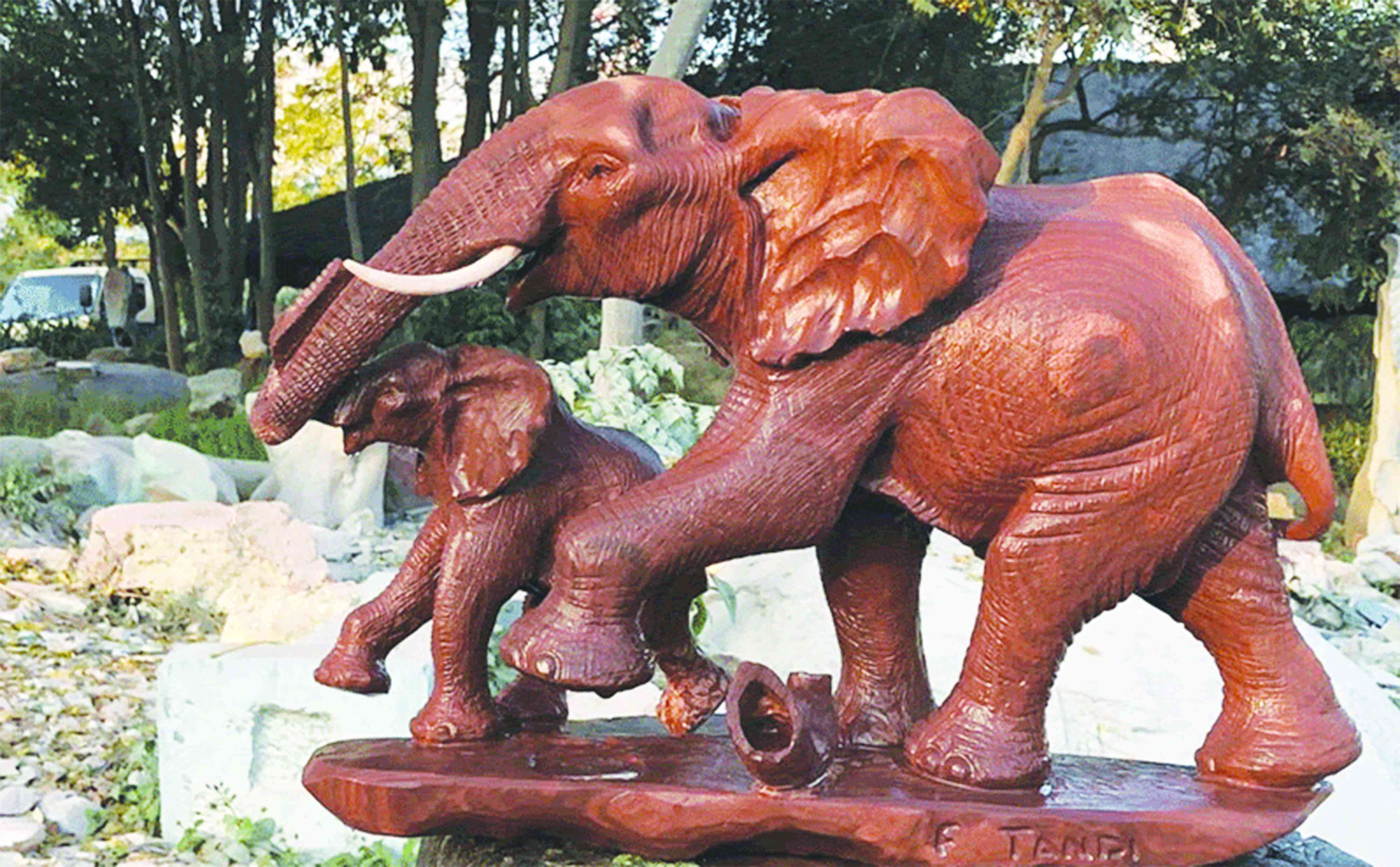
Title:Echoes of Blunt Voices Author: Patrick Hwande Publisher:Veriest Solutions International (2011)
Reviewed by: Phillip Chidavaenzi
Musaemura Zimunya and Chenjerai Hove probably stand out as Zimbabwe’s finest poets — and in their generation they were really outstanding — but with the passage of time, new voices continue to emerge, demanding space on the local literary scene.
Among these new voices is Patrick Hwande, whose debut poetry anthology, Echoes of Blunt Voices, was published this year by Veriest Solutions.
Hwande’s experiences and observations of life circumstances in Zimbabwe undoubtedly have provided the raw material out of which he has crafted these beautiful pieces that speak to a range of issues that any person living in Zimbabwe at the moment can identify with.
His poetry issues from an agonised heart, delineating a catalogue of political and socio-economic as well as cultural evils visited upon poor and marginalised people.
Matters dealt with in this collection of 80 poems include political abuse of national resources in Dry Coffers, Diasporan challenges in No Valid Papers and political violence in Blood and Dangerous Habits.
Those that hold political office and often engage in the bloody contest for power are reminded that, “Blood is precious/Life is not renewable” (pp55) in the poem Make Me Anew.
- Chamisa under fire over US$120K donation
- Mavhunga puts DeMbare into Chibuku quarterfinals
- Pension funds bet on Cabora Bassa oilfields
- Councils defy govt fire tender directive
Keep Reading
The poet is outraged by the injustices that define his society, where female employees are at the whim of their employers’ sexual caprices in With Boss in the Office.
The civil service is peopled by ghost workers, commercial farms are plundered and the masses are poverty-stricken in the poem Who Owns My Country?
Typical of the role of the poet as a keen observer and chronicler of societal events and experiences, Hwande’s pen travels the length and breadth of Zimbabwe, bringing to light the ills that often make society an inhuman space.
Hwande challenges us to look at children and draw lessons from them, which we can apply even in national programmes.
At a time when the term “patriotism” has been corrupted to mean just one group of people, the poet writes in the poem School Children: “I cherish school children/In serious group work to arrest/Problems plaguing all in a nest/Children are true patriots” (pp58).
The scar that itches on Zimbabwe’s psyche today, corruption, does not escape the poet’s gaze, and he goes on to sum it up in the equation “Free farm/Free fuel/Free Seed/Free implements/Plus a free will/Equals/Smelly poverty” in the piece titled Equation (pp60).
This is such a timely offering that gives insightful glimpses into contemporary Zimbabwe.











